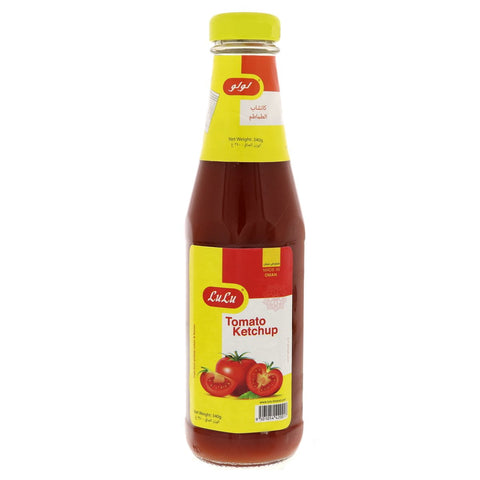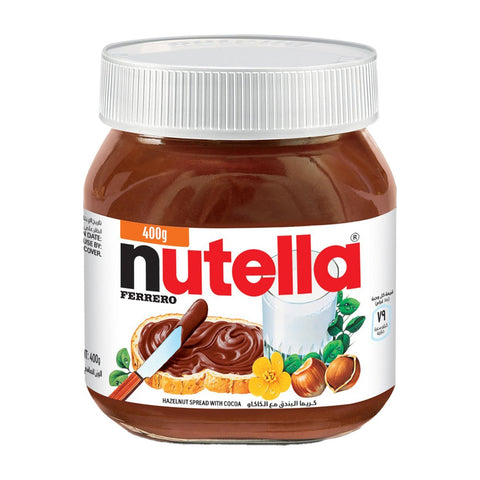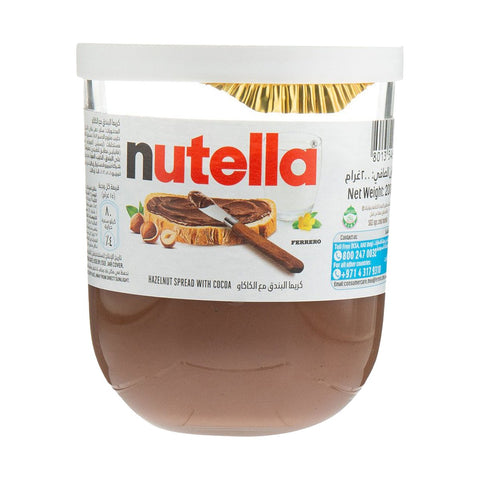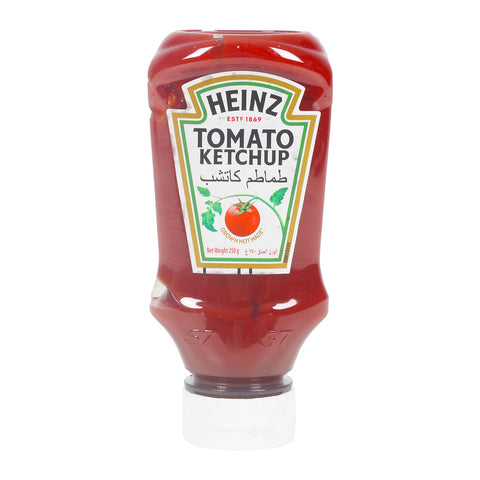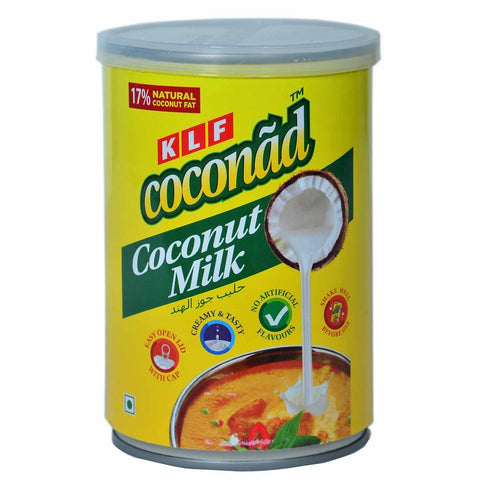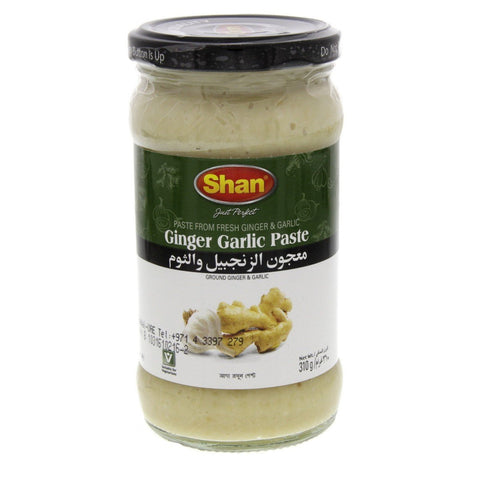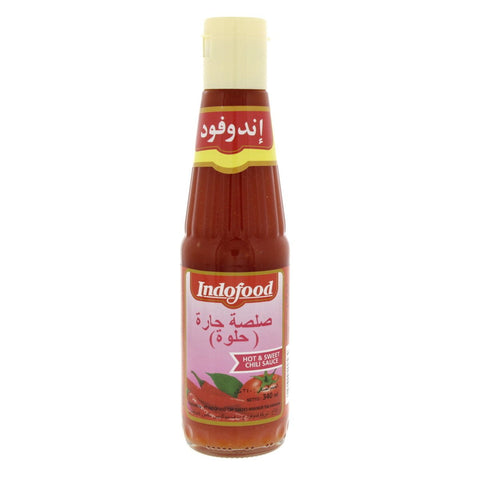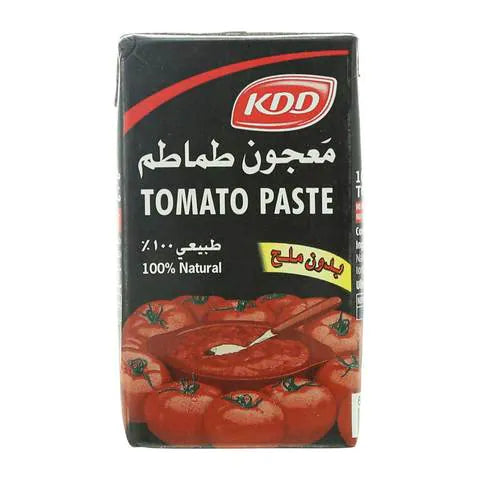الفئات
Cooked Beetroot 500g
Product Summary
- Sweet and juicy cooked beetroot
- Has a distinct and unique flavour
- Ideal choice for calorie-conscious people
- It is a great source of Potassium, Vitamin C and Vitamin B6
- Contains calcium and magnesium and packed with Iron and Vitamin B12
- Sourced carefully to ensure good quality
- Can be used to make salads and juices
- Ideal for preparing dips and curries
- Best ingredient for making tasty pickles
- Country of origin : France/Holland
Product Description
Make a balanced diet a part of your daily life with Lulu Fresh Cooked Beetroot. Sourced from the farms of France and Holland, this beetroot provides a sweet and juicy taste. It is a rich source of minerals, essential vitamins, and nutrients that your body needs to maintain proper health. These beetroots are carefully hand-picked from the organic farms, finely sorted, and precisely packed, following the safety standards to deliver the healthiest and the best-tasting ones to you. We strive to ensure that the products are of a high standard of quality and meet the requirements of food safety. Our team constantly and carefully monitor what we have in stock to recognize the freshest items and to assure it's of the best possible quality. You can use this beetroot to prepare a variety of delicious recipes. You can make yummy salads, dips, and juices to keep yourself and your ones healthy. This low-calorie beetroot is ideal for health-conscious people.
BENEFITS
- They have a low-calorie count but are rich in essential vitamins and minerals.
- The vitamin folate particularly abundant in beets is important for several health benefits.
- They also contain carbohydrates along with nitrates and iron.
- Keep refrigerated, do not freeze.
- Can be used to make smoothies, halwa and pickle
- Fritters are a great way of using up raw beetroots
- A fantastic treat to try at home is savoury beetroot muffins with wild garlic and goats cheese
- Try beetroot salad with zesty flavours and creamy goat's cheese will brighten your day
Beet juice has been utilised as a natural red dye since the 16th century by the victorian people.






